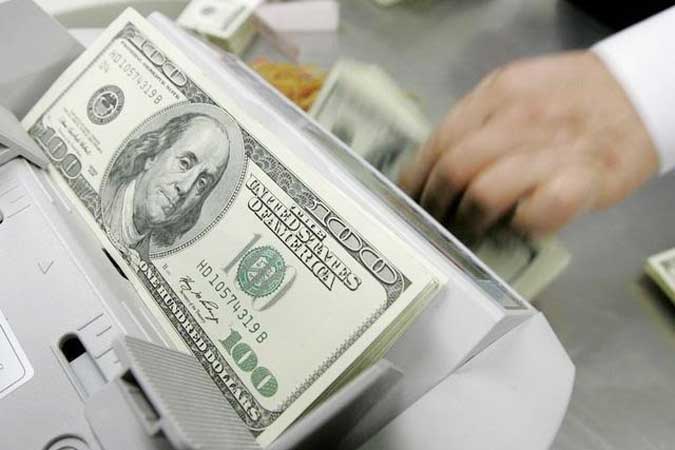
By Luz Wendy T. Noble, Reporter
MORE FOREIGN CAPITAL entered than left the country in October to yield a net inflow after seven straight months of outflows, the Bangko Sentral ng Pilipinas (BSP) said on Thursday.
Foreign portfolio investments — also known as “hot money” because of the ease by which these funds enter and exit the economy — posted a net inflow of $439.46 million, BSP data showed.
The October tally is a 320% surge from the $104.53-million net inflows in October 2019 and a reversal from the net outflows worth $493.65 million in September. This is also the highest net inflow since the $762.82 million seen in January 2019.
October was also the first time since February that hot money recorded a net inflow, suggesting signs of improving sentiment in the local equities market.
“The large chunk channeled into securities was reflective of recent improvements in the local stock market. There are emergent signs that foreign investors have begun coming back with some risk-on tone,” Security Bank Corp. Chief Economist Robert Dan J. Roces said in a text message.
A few signs of normalization in the global economy lifted equity markets in general, said Nicholas Antonio T. Mapa, senior economist at ING Bank N.V. Manila.
In October, hot money inflows reached $1.352 billion, higher by 8% than the $1.252 a year ago and more than double the $594.02 million seen the prior month.
Meanwhile, gross outflows declined 20% to $913.49 million from the $1.148 billion recorded in October last year and by 16% compared with the $1.087 billion seen in September.
BSP data showed investments were mainly from the United Kingdom, the United States, Singapore, Luxembourg and Hong Kong, which altogether made up 80.9% of the total.
About 78.8% of these investments were funneled into securities of mainly information technology, banks, holding firms, real estate companies, and food, beverage and tobacco firms. Meanwhile, 21.2% of the investments during the month went into government securities.
For the first 10 months of the year, hot money continued to yield a net outflow of $3.943 billion, surging 221% from the net outflow worth $1.225 billion during the same period a year ago.
The BSP attributed the bigger outflows of hot money to the uncertainty arising from the coronavirus disease 2019 (COVID-19) pandemic’s impact on the world economy and financial system. It also cited “international and domestic developments such as geopolitical tensions, certain corporate governance issues and extended quarantine measures in select regions in the country.”
The BSP expects hot money to yield net inflows worth $2.4 billion this year and $3.5 billion by 2021, respectively.
“Going into the last few months of the year, positive sentiment will likely remain, this time brought about by positive trends in vaccine development and the now seemingly peaceful transition for US President-elect (Joseph) Biden,” Mr. Mapa said in an e-mail.
But there could still be risks to continued net inflows in the last part of the year, said Mr. Roces.
“The general direction of market sentiment may not yet be consistent with resurgence in virus cases globally and a still uncertain outlook; although positive news from the vaccine development front provides some upsides,” he said.
